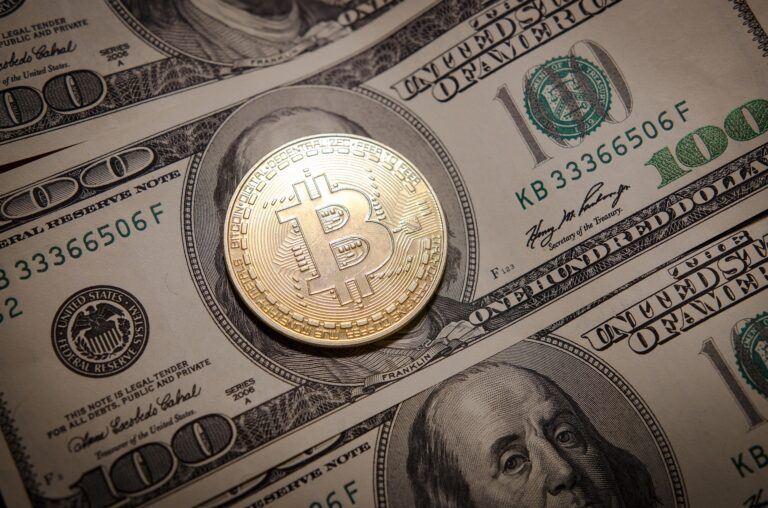On Sunday (August 8), prominent on-chain analyst Willy Woo suggested that the Bitcoin price is headed higher due to the current “demand/supply imbalance in the market.”
Woo went on to say that Bitcoin’s fair value is $53,200″ based on fundamentals. However, he did point out that “fundamentals do not predict short term price, but given enough time price discovery reverts to fundamentals.”
Another on-chain analyst — Will Clemente — agreed with Woo’s assessment and referred in his reply to a tweet that hr had posted on July 31, where he said that based on Bitcoin liquidity data by crypto analytics platform Glassnode Studio Bitcoin’s price should currently be around $53,000.
In a blog post published on 29 December 2020, Glassnode CTO Rafael Schultze-Kraft talked about quantifying Bitcoin liquidity, noting that “if many bitcoins are illiquid, a supply-side crisis emerges – which has a weakening effect on BTC’s selling pressure in the market,” or alternatively “a sustained rise of illiquid bitcoins is an indication of strong investor hodling sentiment and a potential bullish signal.”
To quantify Bitcoin liquidity, Glassnode uses the concept of “entities”, i.e. “individuals or institutions that control a set of addresses in the Bitcoin network.” Glassnode uses “the ratio of the cumulative outflows and cumulative inflows over the entity’s lifespan” to measure a Bitcoin entities liquidity.
The Glassnode CTO went on explain the significance of this ratio:
“This ratio yields a number L between zero and one, with larger values indicating higher liquidity. Liquidity is therefore the extent to which an entity spends the assets it receives. Illiquid entities are those that hoard coins in anticipation of a long-term BTC price appreciation.
“Hence, a HODLer that never sells (i.e. spends their bitcoin on-chain) has L = 0. On the other hand, a very active entity which buys and sells BTC on a regular basis, such as an exchange, has an asymptotic value of L ~ 1.“
An entity is considered to be “illiquid” if L < 0.25, “liquid” if L is between 0.25 and 0.75, and “highly liquid” if L >= 0.75.
Back in late December 2020, approximately 78% of the circulating supply was classified as illiquid, which meant that only around 4.2 million bitcoins were “in constant circulation and available for buying and selling.”
DISCLAIMER
The views and opinions expressed by the author, or any people mentioned in this article, are for informational purposes only, and they do not constitute financial, investment, or other advice. Investing in or trading cryptoassets comes with a risk of financial loss.
IMAGE CREDIT
Image by “petre_barlea” via Pixabay









